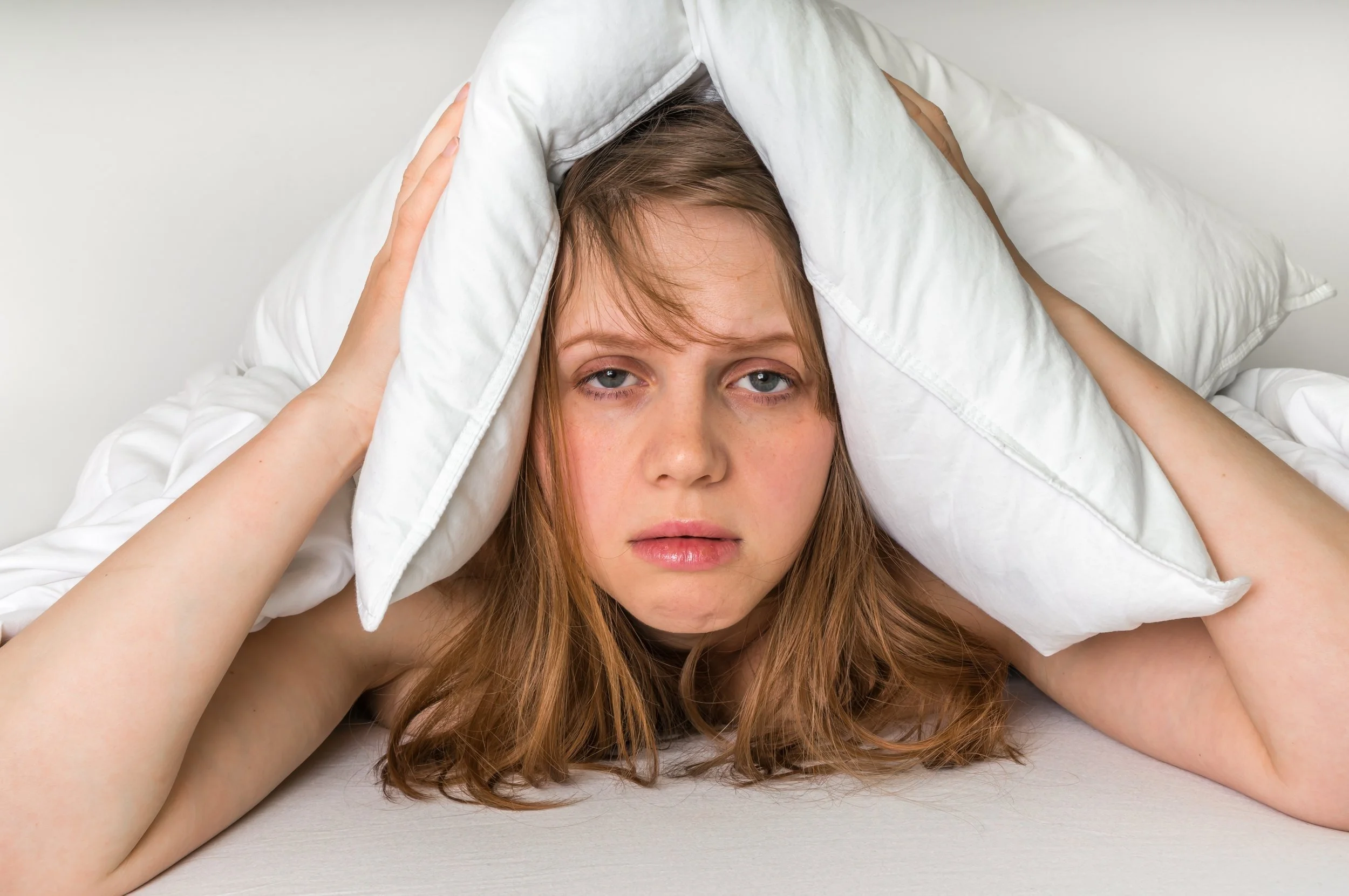The psychology of sleep
Many of us struggle to get a good night’s sleep—and often, we’re unintentionally sabotaging it with poor sleep hygiene. Whether you’re dealing with daily stress, disrupted routines, or hormonal shifts like perimenopause, sleep can be elusive. Getting good quality sleep is essential for overall good health and vitality. Chronically poor sleep has been linked with accelerated biological ageing, increased risk of chronic diseases such as high blood pressure, heart disease, type 2 diabetes, increased inflammation, cognitive decline and reduced immune function.
Science-backed tips to improve your sleep
Stick to a Routine
Go to bed and wake up at the same time every day—even on weekends. This consistency helps regulate your circadian rhythm, your body’s internal clock.
Even if you've had a rough night, resist the temptation to sleep in. It pays off in the long run.
2. Get Morning Sunshine
Step outside and let the sunshine hit your face within 30–60 minutes of waking. Morning light tells your brain it’s time to wake up and starts the melatonin countdown timer. About 14–16 hours later, melatonin is released to help you feel sleepy.
Struggling with perimenopausal sleep? This light cue is even more critical when hormones are fluctuating.
3. Move During the Day, Mind your Intake
Daily physical activity helps deepen sleep quality—just avoid intense workouts too close to bedtime.
Limit caffeine after midday.
Cut back on alcohol (it may help you fall asleep, but worsens quality).
Choose nourishing foods to support blood sugar and hormone balance.
Perimenopause can disrupt sleep. Staying active and limiting alcohol can help regulate both temperature and mood, key contributors to better rest during this life stage.
4. Wind Down the Lights (and the Screens)
About an hour before bed, dim the lights and switch off devices. Blue and green light from screens disrupt melatonin production. If screens are unavoidable, consider blue-light filters or glasses.
Make your bedroom a low-light, low-stimulation zone.
5. Downshift Your Brain
Don't go to bed wired or worried. Build a pre-sleep routine—no screens, just calming activities like journaling, light stretching, or breathing exercises.
Struggling with racing thoughts or hormonal restlessness? Guided mindfulness or progressive muscle relaxation can help soothe your nervous system and quiet your mind.
⚠️ Still having trouble sleeping?
For anyone feeling depressed or anxious, poor sleep is commonly connected with your mood and can get people into a vicious cycle as poor sleep makes you feel worse. Try the strategies we’ve recommended here but if things aren’t improving talk to your GP.
For women in perimenopause, hormonal fluctuations can impact body temperature, mood, and anxiety, leading to sleep disruption. You’re not alone—and you’re not imagining it.
Consider speaking to your GP if symptoms are persistent. Nutritional strategies, stress management, and medication options including HRT may help restore more restful nights.
Need some help with winding down?
There are lots of apps with guided mindfulness and progressive muscle relaxation for you to try to find what works for you. These are our favourites.
Insight timer is free, the others have free options for you to try out to see what works for you:

